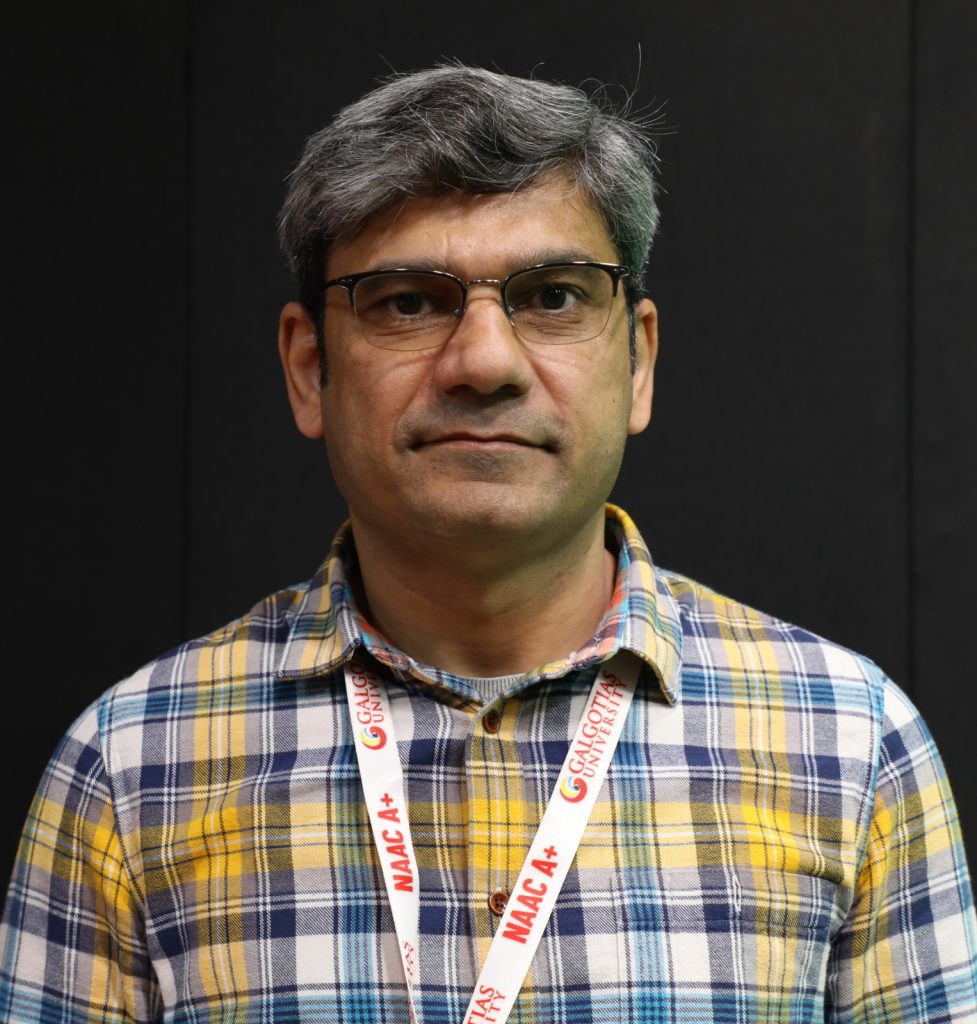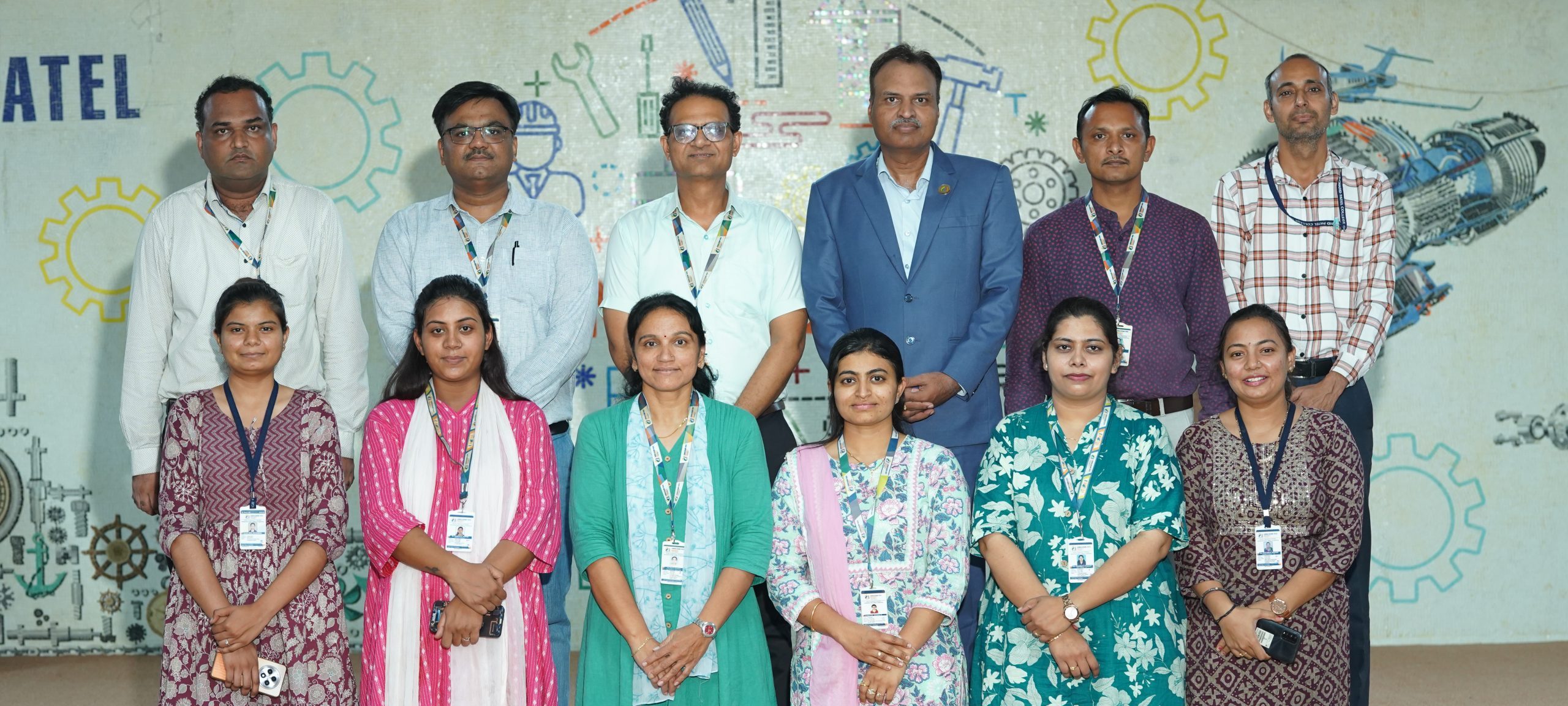About


Dr. Sanjeev Kumar Punia
Head of the Department
(Computer Engineering and Information Technology)
Message from The HOD

About
Department of Computer Engineering was established in the year 1999 with the objective of imparting quality education and to cater the need of eminent computer professionals in the field of Computer Engineering. Currently, the department offers a 4 year programme, B.Tech. with 120 intake, 2 year programme, M. Tech. with 24 intake in Software Engineering and 18 intake in Cyber Security and Ph.D. program. In near future, department is also planning to offer integrated dual-degree course and Ph.D. programs. Networking, Security, Data Mining, Cloud Computing, Image Processing and many Cutting Edge Technologies are few of the important areas of emphasis for the departmental students. Our Computer Engineering graduates have renowned themselves in higher studies at the top Universities in India and abroad and also have occupied positions of prominence in the computer field. One of our key strengths, our Alumni, remains in constant touch with us and contribute in the growth of the department. Focusing on conveying the best education through latest infrastructure, qualified teachers and updated curriculum, the department has all the facilities to carry out the teaching and research activities. Department has highly qualified and passionate faculty members from recognized well known institutes including NITs. The department also focuses on other co-curricular activities like workshops, seminars, expert talks, industrial visits, and student-faculty development programs. Many students of the department carry out their project work on the Aakash tablets issued by IIT Bombay to the institute, completely free of cost.
Vision
To become a leading department committed to help the human community through effective technical education in the field of Computer Engineering for social improvement and reformation.
Mission
Computer Engineering Department is functioning to achieve and fulfill the demand of the present time through conception, escalation, and upholding dissemination of technical knowledge in the field of Computer Engineering with human values. Also, we believe that through education, learning, and research we can lead the forthcoming generation of Computer Engineering to the highest summit of the evolutionary journey of mankind.


